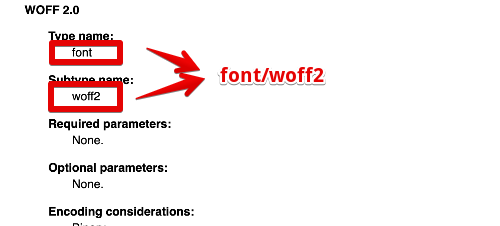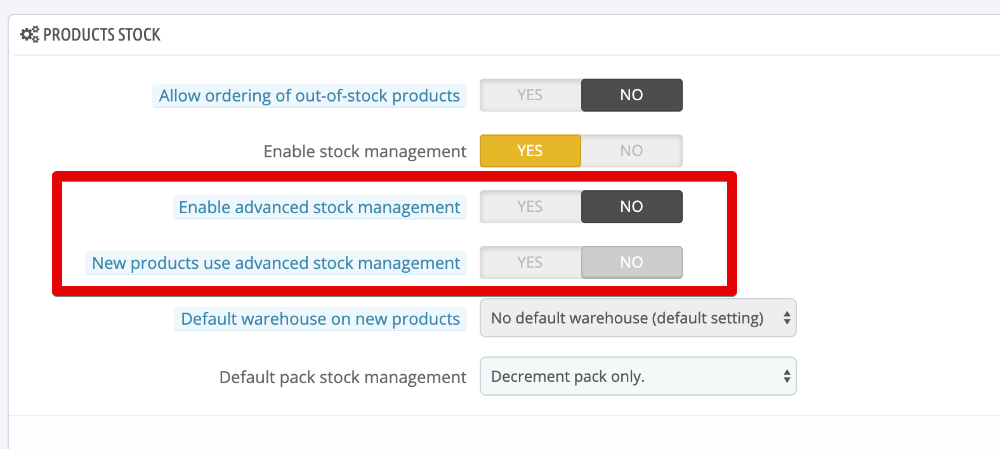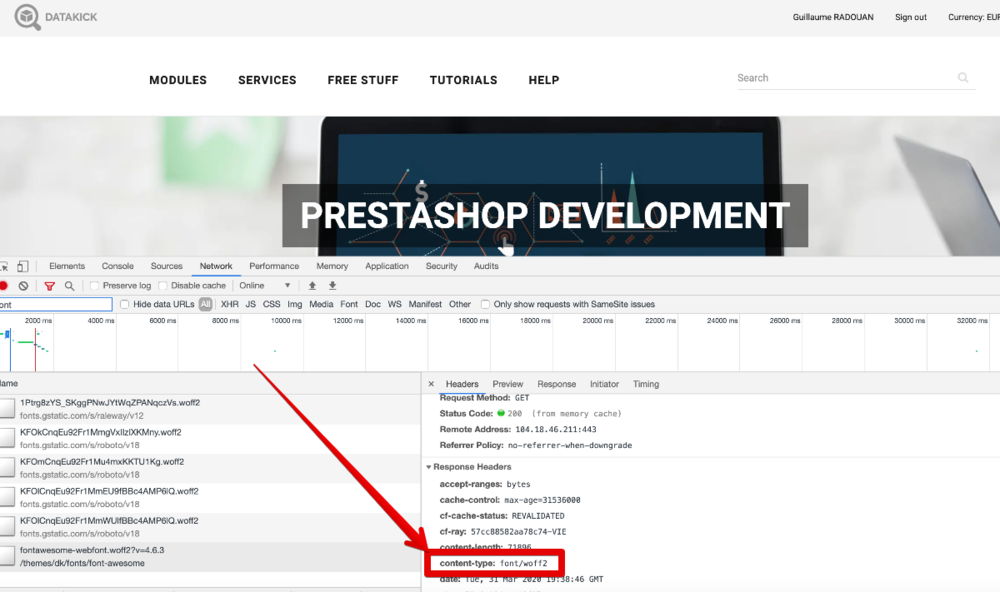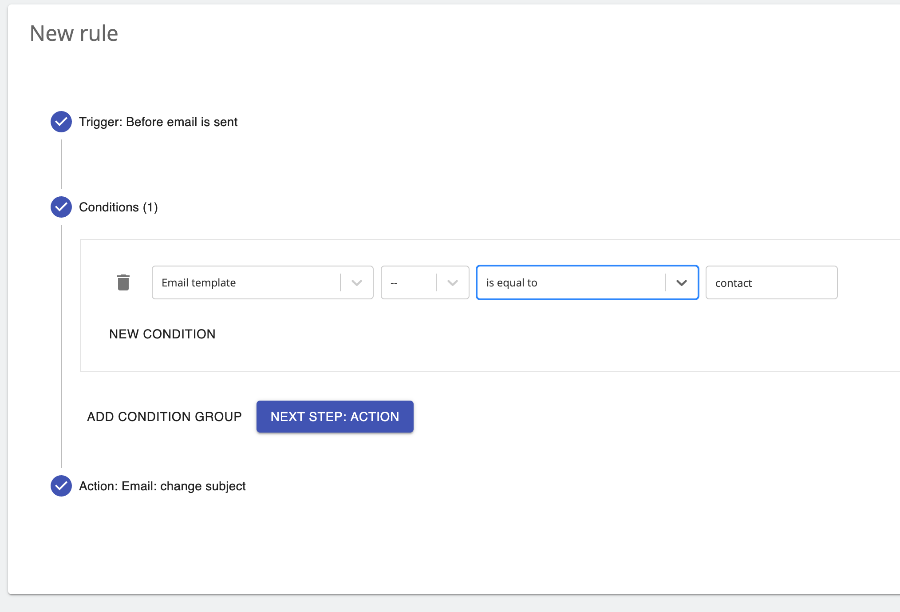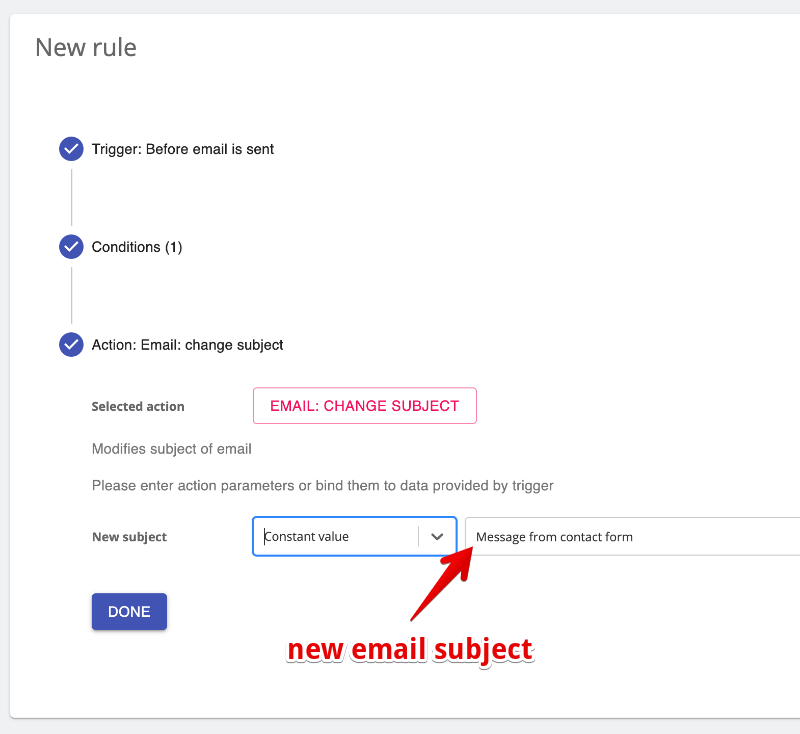-
Posts
3,123 -
Joined
-
Last visited
-
Days Won
488
Content Type
Profiles
Forums
Gallery
Downloads
Articles
Store
Blogs
Everything posted by datakick
-
FontAwesome not loading / showing weired signs from global.css
datakick replied to DRMasterChief's question in Theme help
I don't think this has anything to do with tb, but it's misconfiguration of server. I really believe that if you fix content-type it will work correctly. Content type tells browser how to interpret file. If server send invalid, or unknow, type then browser just don't know what to do with the file. Note: in your last screenshot you are displaying content type for woff file type, not for woff2 Note2: specification is very clear about mime type: https://www.w3.org/TR/WOFF2/#IMT According to specification, woff2 mime type is font/woff2. Your server sends application/font-woff2 -
This explanation message is probably a red herring. What thirtybees does is it tries to find all available carriers for delivery address associated with cart. At different stages of checkout process, this address is different. For example, guests don't have any address associated yet (in that case, tb will try to find available carriers for default country + visitor group) List of available carries for address is then filtered by carrier conditions (max weight, price, etc...). If condition is not satisfied, carrier is removed from list, and the 'reason flag' is saved. If all carriers are filtered out, then theme will display error message depending on collected 'reason flags'. Most themes (based on default theme) will display only the first reason in the list. This is the reason associated with the first carrier that was filtered out. Of course, other carriers might have been filtered out for different reasons, but theme does not show this info. Let me show some simple example: A B C D E F | | <-- 1) list is filtered by address (its delivery zone) + group + product restriction | A B C D | | <-- 2) list is filtered by carrier conditions | A C In this example we have 6 carriers. Filter #1) for *guests*, the list is filtered using country associated with visitor. This is usually default shop country, but it can be an actual country, if you have some geoip module installed. Also, this initial filter takes into account current customer group (VISITORS) and filters out any carriers that are not applicable to this group. Also, product carrier restriction is considered. Or Warehouse association in case of advanced stock management. This first filter can reduce the list significantly. And what's more important, we don't track the reasons why were these carriers filtered out Filter #2) carriers are evaluated according their conditions, for example max weight. If conditions are not met, then the carrier is removed from list + reason is saved. In our example, reason for 'B' could be 'max package weight', and reason for D could be 'out of price range' If, after the filter #2 the list is empty, thirtybees will explain this using the very first collected reason information. In our example, this reason would be 'max package weight', even tough there were many reasons why the carriers were filtered out. My only recommendation for you is to edit the theme template, and replace this 'max weight explanation' with generic 'No carriers were found' explanation.
-
Surely this could be implemented without core files modification. - The changes to ProductController are fine (from backwards compatibility point of view), as it's just addition. However, I think it's not necessary, as there is already a functionality that saves the customization -- we could simply call this existing one using ajax. - The change to tools.js is more severe, as it might impact other themes that does not implement this 'auto save' functionality. I'm sure we could maintain the original tools.js, and add some more preparation inside theme-specific ajax-cart.js If we could do that, than this would be theme-only change, with no side effects or compatibility problems
-
@AndyC can you please send me the nochex module in zip file to [email protected] ? I'd like to investigate what's wrong, and to see if there's anything we could do on core side to prevent this kind of issue
-
Do you have module Data Mining for Statistics installed and enabled?
-
Well, the problem was that you enabled Advanced stock management, but didn't associate your products with warehouses. After I disabled this feature checkout works just fine. If you want to use this feature, you need to create warehouses associate warehouses with carriers associate products with warehouses (and locations)
-
From your screenshot above it looks like you don't have associated any delivery zones to your carrier.
-
FontAwesome not loading / showing weired signs from global.css
datakick replied to DRMasterChief's question in Theme help
Content type should be font/woff2. You should adjust your nginx configuration accordingly. -
FontAwesome not loading / showing weired signs from global.css
datakick replied to DRMasterChief's question in Theme help
I still don't see the what is inside Content-Type header 🙂 -
FontAwesome not loading / showing weired signs from global.css
datakick replied to DRMasterChief's question in Theme help
You wrote you are using nginx --> .htaccess is therefore irrelevant (unless you have apache behind nginx, which would be kinda weird) You didn't respond to my question -- what content type is the font resource served with? Look into network tab -
FontAwesome not loading / showing weired signs from global.css
datakick replied to DRMasterChief's question in Theme help
What content-type is returned for these font resources? Browser might not load fonts if the resourse is served with invalid or incorrect content type. -
:) thirtybees is prestashop 1.6 on steroids. Most 1.6 modules are therefore compatible. The problem is that some of them are gettion outdated... Just stay clear of 1.7 modules
-
FontAwesome not loading / showing weired signs from global.css
datakick replied to DRMasterChief's question in Theme help
What does javascript error console says? -
nginx configuration for thirtybees
datakick commented on datakick's blog entry in Datakick's Tips and Tricks
I use free plan + native thirtybees webp support. Cloudflare has no problems with caching .webp. -
nginx configuration for thirtybees
datakick commented on datakick's blog entry in Datakick's Tips and Tricks
Yes, it does. No modules are necessary. Just theme support is required -
URGENT: Yet another payment module not working
datakick replied to movieseals's question in Technical help
Also, if possible, please contact developer of the module and ask them to adjust their code -
URGENT: Some payment modules are unable to generate orders
datakick replied to movieseals's question in Technical help
The order status is stored in configuration table under the name PAYBYPHONE_OS_CALL. It's likely this settings is exposed in this module configuration page. If not, you will have to change the info in db table directly -
URGENT: Some payment modules are unable to generate orders
datakick replied to movieseals's question in Technical help
Module paybyphone calls core method with invalid order status ID - /modules/paybyphone/controllers/front/validation.php line 46. -
you should delete all of those. Take PaymentModule.php file as an example. Thirtybees contain class with this name in /classes/module/PaymentModule.php. When any code want to use PaymentModule class, thirtybees autoloader will scan /classes/* directory and will look for a file named PaymentModule.php. You have two files with the same name - which one will be loaded is undefined. Maybe you will be lucky, and the correct one from /classes/module/PaymentModule will be loaded. In that case, everything is fine, and your system will work OK. But it's also possible that the /classes/PaymentModule.php will be loaded instead. This file probably contains some very old (prestashop 1.6) version of PaymentModule class. Maybe it will work with current tb, maybe not. I don't know. But it's a very dangerous situation. I don't know about cleantalk. I don't know this software, but I would stay clear from any that 'patches' thirtybees core. Thanks. Typical copy and paste issue 🙂
-
It's not "solved", because there is nothing to solve. I don't consider this to be an issue on module side. This is just the fact of life - different email clients displays emails differently. Some email clients support css, some of them support svg image format. Some of them support external images, some of them supports inline/base64 images. Some of them supports external css files. Some of them supports javascript. Some email clients strips html tags. It almost impossible to have email that contains some advanced functionality (like review starts with hover effect) and expect that this will be displayed in every email client consistently. It is just not possible. The email template that comes with revws module is a compromise. It shows nicely in many clients (for example apple email). But there are those (usually browser based) clients that displays the content stripped. But even here the email is usable, because the template have fallbacks. If you don't like default email template, you can of course edit it and change it to whatever you like.
-
You can't. It's just not possible to include reviews metadata if you don't have any reviews. Google search console is an idiot in this case. Simply ignore these warnings.
-
That's a strange number. Maximum length for single tag is 32 characters. There shouldn't be any limit on number of tags one can associate with a product.
-
I suggest you install my other module called Consistency. It can detect some weird stuff. This one would be detected. There is extra file DbMySQLi.php in classes/db directory. It shouldn't be there. Thirtybees autoload mechanism can load any php file in classes/* directory, and then anything can happen (but nothing good). Like this error here. I suggest you delete this file immediately In free version, you can define two rules. Premium version allows unlimited rules, obviously. Sure thing. You can login to my demo account and test it out. http://demo.getdatakick.com/admin561wkvz9k/ No, it's not error. I don't offer support / development packages at the moment, as I'm nearly 100% utilized. I might offer these services in the future when I'm done with current development project
-
If you imort email messages via IMAP and have 'Create new threads' option enabled, then support customer threads will be created for every email. That's obviously not wanted behavior for customer messages, as these are generated, and already tracked, in the system. To prevent these extra customer threads, thirtybees add this magic string to subject line. It's a lazy solution, but it works. So to summarize - if you don't use IMAP, or have 'Create new threads' option disabled, you can safely remove it. On a related note - it's not the best idea to edit the core files, or create overrides for them unless necessary. In this case, you can use my conseqs module and create rule that modifies email subject for 'contact' email.
-
That's why I suggested this solution. I would hate to display this 'essential product features' in the floating Cart block, as it would only distract users. If it really must be displayed, then this new 'Order summary' section would be the right place to do it.


